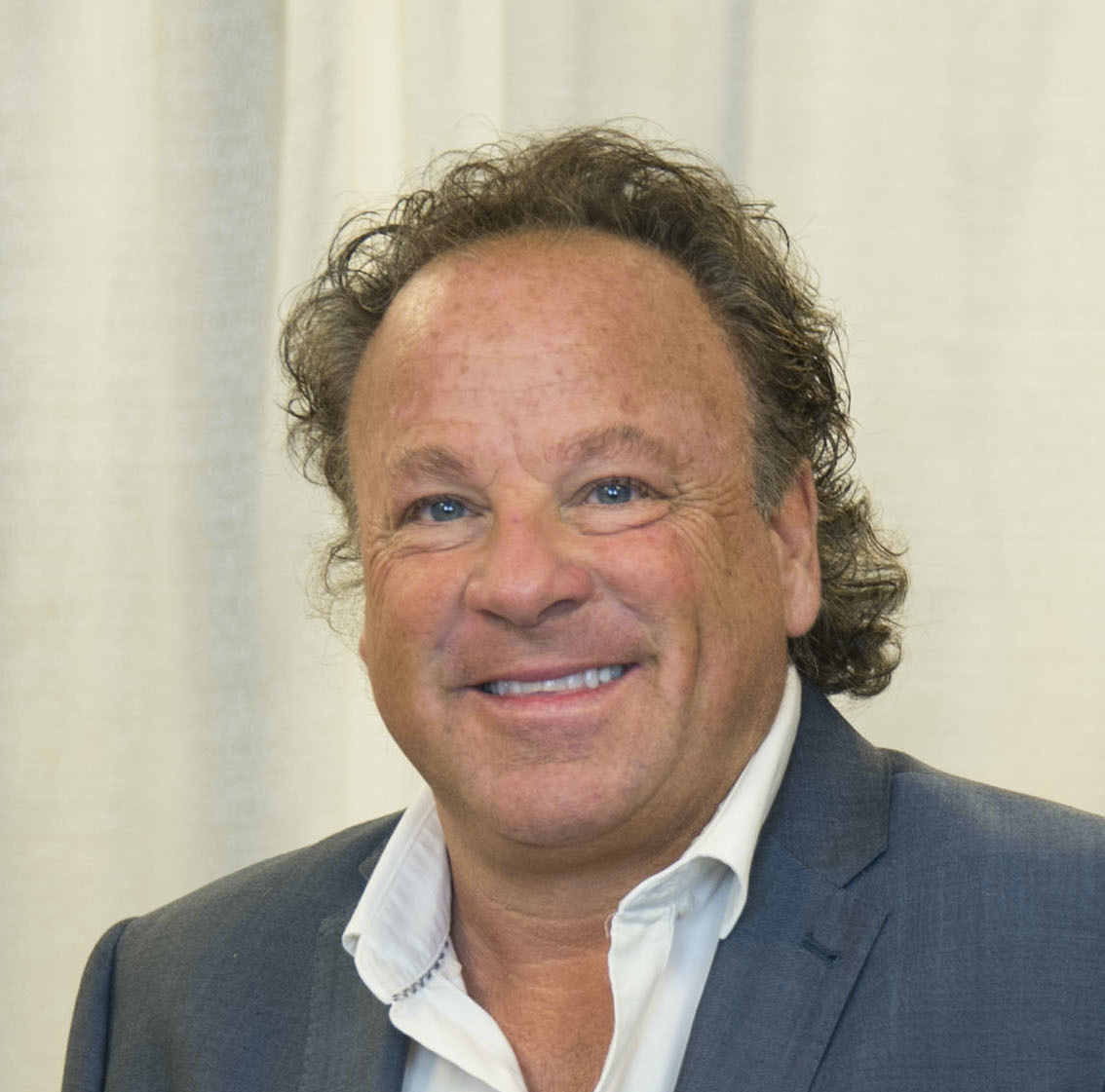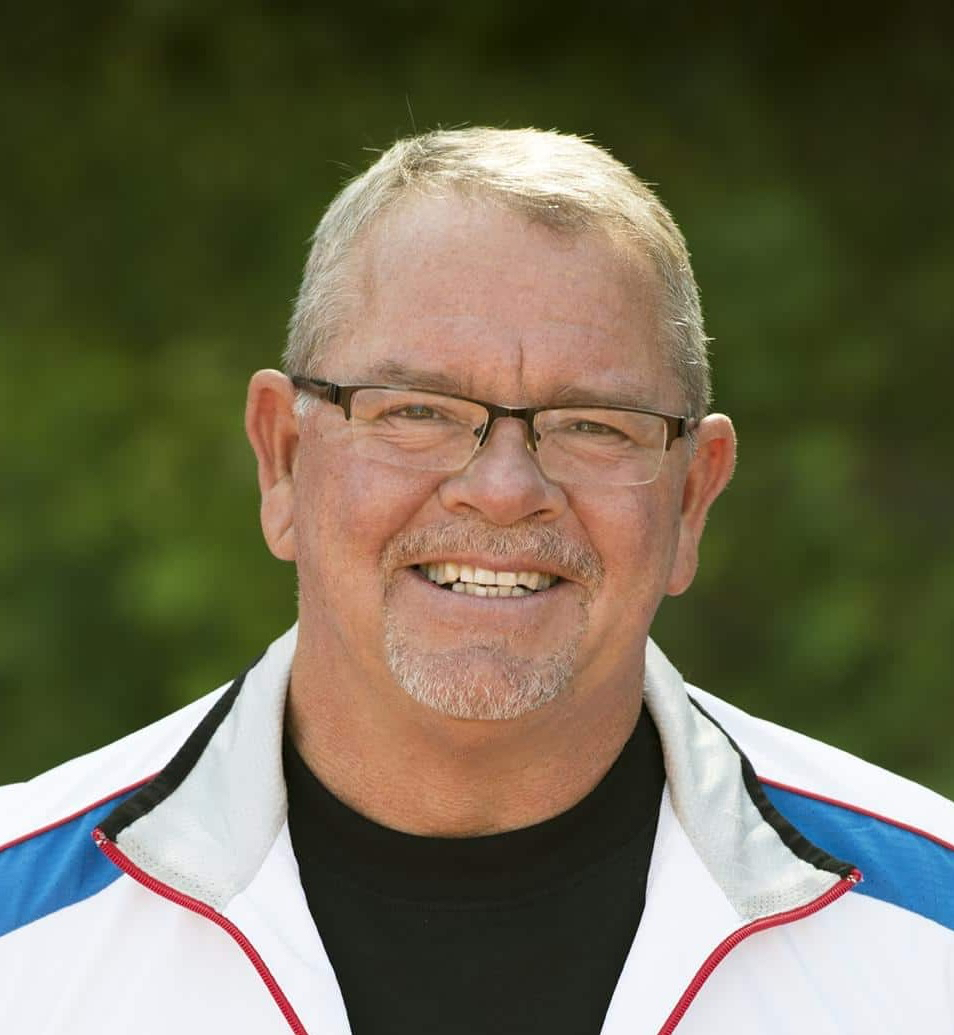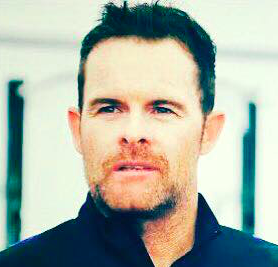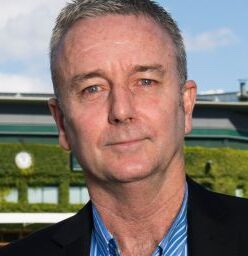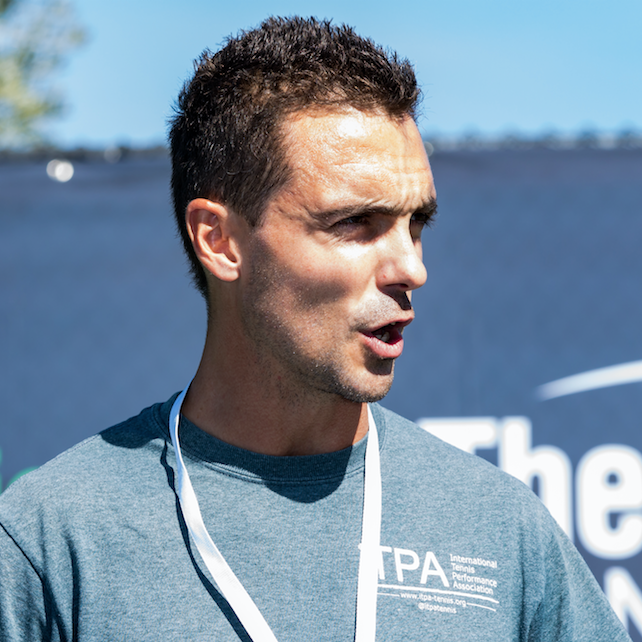An increasing amount of data is becoming available within tennis. As coaches we need to navigate through the jungle of information. How do we interpret the data? What stats are true, but not relevant? and ultimately how can stats help player development, scouting of opponents as well as inform us about winning patterns of play?
Mike James helps us do exactly that. He is a strategy analyst, which means that he interprets data combined with video of matches to help players and their teams with game development, scouting reports and preseason content based on the previous years matches.
In this interview Mike explains how Djokovic is fooling us, how the best players in the world have a BELOW 50 winning percentage from the baseline and helps us understand how data can inform us about what to do on the practice court
You’ll get to know:
- How Djokovic is fooling us
- The surprising winning percentage from the baseline
- How to change the practice court
Enjoy the show!
Timestamps
01:40 The 3 ways Mike uses video
06:15 The first 4 shots
07:24 The misinterpretation of stats
07:57 What about big points?
09:12 Analyzing the servers role
11:09 Patterns of play
12:50 Key statistics
14:00 How Djokovic is fooling us
15:14 How to approach Junior development
17:38 How Height Correlate to ranking
19:12 Why data needs video
22:23 Scouting vs data on yourself
24:30 Focus on the 0-4 zone
27:15 The Practice Court is broken
29:54 How can we improve the practice court
32:12 Tennis is game of errors
34:07 Claudio Pistolesi
35:28 Favorite Books
35:52: World number 1’s at 40
37:50 Don’t crowd please
38:40 Tennis has trends
39:50 Expose yourself to different players and cultures

